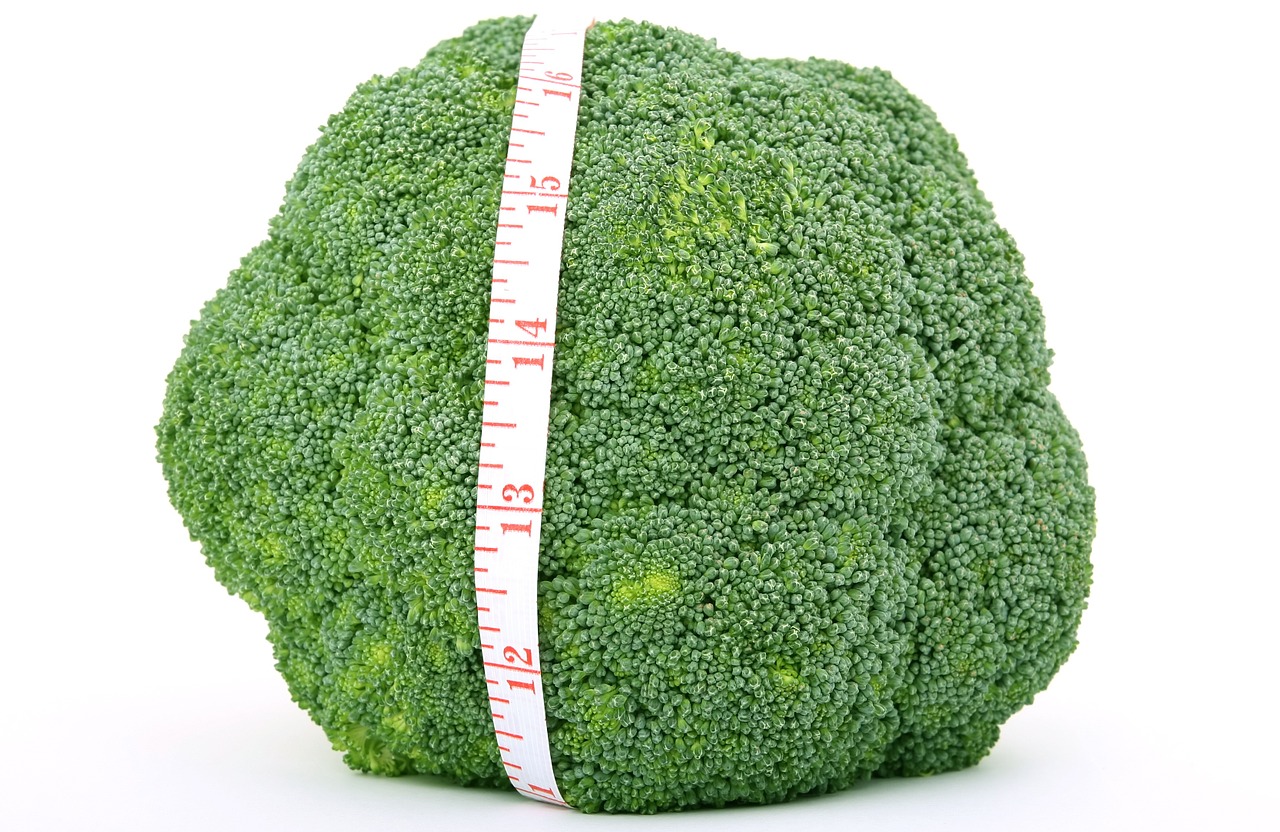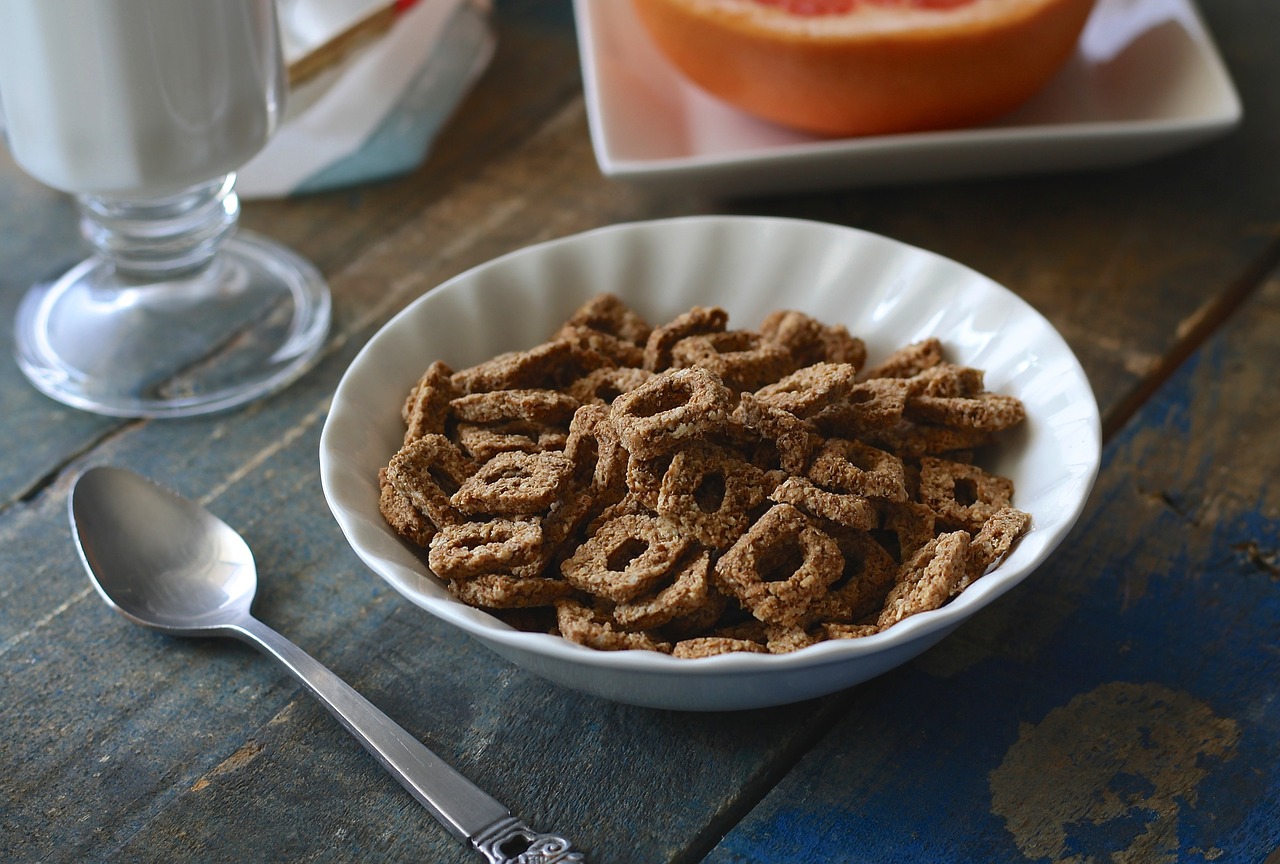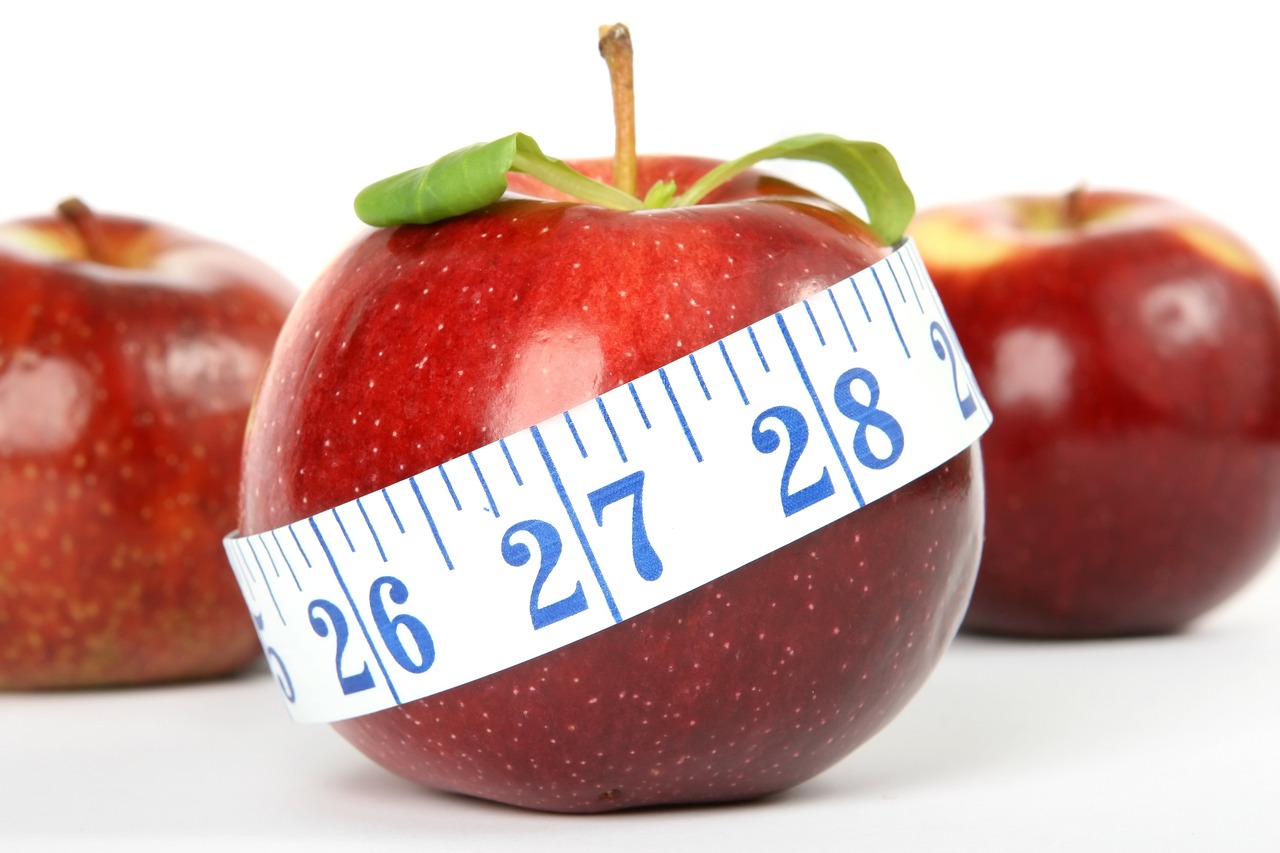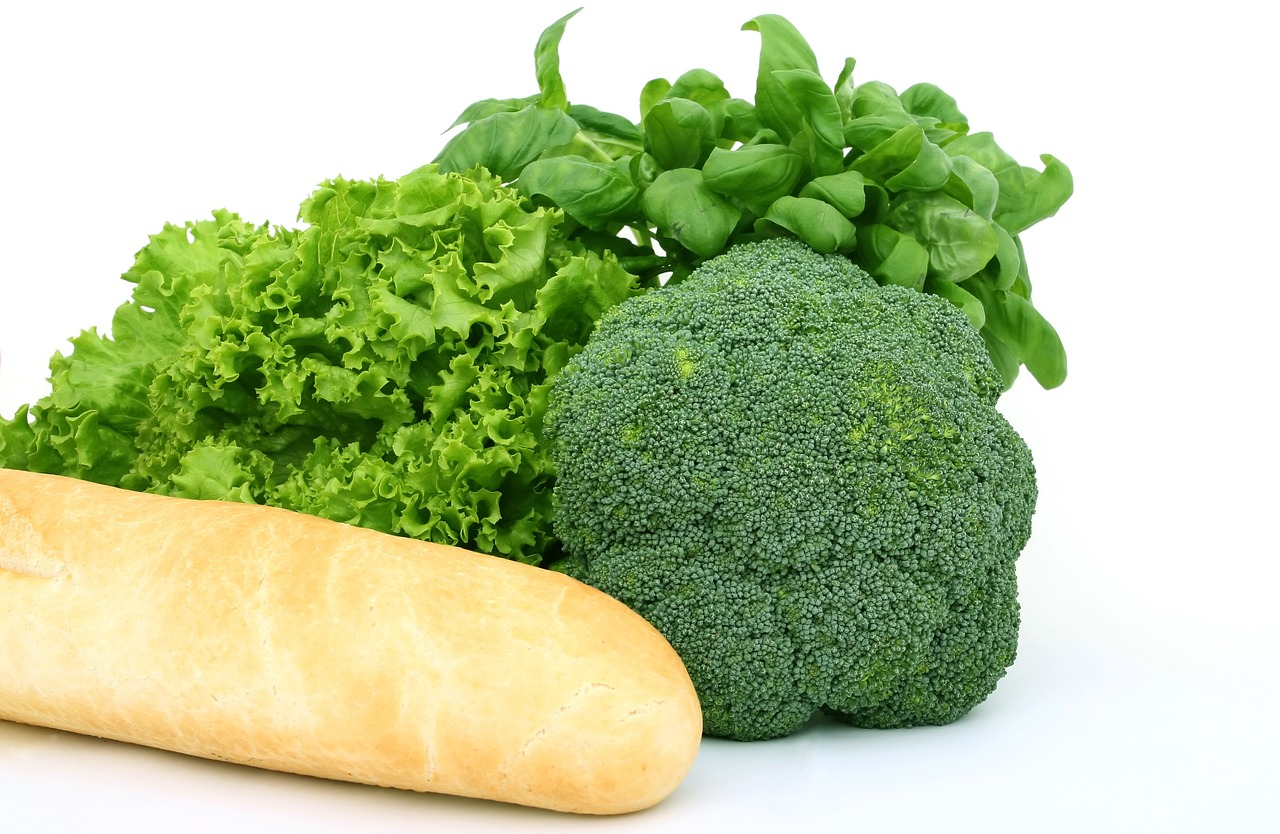[dropcap]F[/dropcap]ibre is an important part of the diet. Not only does it help you feel fuller, but it will keep your bowels and digestive system in full working order. You can get fibre naturally or you can take supplements to help up your intake.
While there are plenty of benefits—which we’ll get into—it is possible to take too much. You’ll need to watch out for this, and we’ll look at just why and how you can take too much.
Here’s a look at everything you could need to know about taking fibre supplements and some of the options available courtesy from our friends at Positive Health Wellness.
Where Can You Get Natural Fibre?
Before you start looking at fibre supplements, look at whether you can get this in your diet naturally. Fibre is one of those that is very easy to come by, whether you add more vegetables to your diet, or you decide to add legumes and whole grains.
By getting natural fibre, you’re helping your body support itself. You aid the digestive system to work, whether than soften the stools, which is something supplements do instead.
There are downsides to getting it through food, though. There are two types of fibre: soluble and insoluble fibre. While both have their benefits, they also have their downsides. Soluble fibre dissolves in water and helps with the management of cholesterol and glucose levels. Insoluble fibre doesn’t dissolve and helps to push material through the digestive system.
You can also get both forms in supplements, so you can focus on getting exactly what you need from the addition to your diet.
So, what are the benefits and downsides of fibre?
Benefits of Fibre in Your Diet
There are plenty of benefits to getting more fibre. Here’s a look at them.
Lower the Blood Cholesterol
High cholesterol is a major problem in Western diets. We eat so many high-fat foods that we end up with high blood cholesterol levels. While there is good and bad cholesterol, our bodies tend to be full of the bad stuff.
Getting more fibre can help to lower the levels of cholesterol in the blood. It focuses on the bad cholesterol rather than the good, so when you get an overall cholesterol check, you may find that your levels are high. Ask your doctor for tests that distinguish between the two types.
High cholesterol levels put pressure on the heart and can lead to cardiovascular disease and heart attacks. You want to get the levels under control as soon as you can. You’ll find that your blood pressure drops when you do this.
Lower Glucose Levels
Fibre breaks down in the body slowly—and we’ll get onto another benefit of this soon—which means that the glucose levels are better regulated. Rather than sugaring in the blood instantly, the food works its way through over a period. There’s no need for the body to send insulin to help counter the glucose levels.
This is great for preventing diabetes. When your body produces too much glucose on a regular basis, it can start to become used to it. The body needs more insulin to tackle the same levels of glucose it once only needed a small amount for. The insulin becomes less effective over time, and you can start suffering from health problems.
If you currently suffer from type 2 diabetes (the most common one and controlled by the diet), you’ll find that you need to cut out many of your favourite foods. You’ll need to follow a healthier diet to protect your life. The good news is that fibre can help with this.
You’ll not only reduce your risk of developing diabetes, but you can also start to reverse the effects. Being focused and willing to follow a healthy diet is important to take advantage really of this benefit.
Help to Reduce Constipation
By taking insoluble fibre supplements, you can push the waste in your digestive system through your body. This helps to bulk up your stools so that you can push them through. If you have constipation on a regular basis, it could be a sign that you aren’t getting enough insoluble fibre in your body.
However, this is one of the downsides to taking fibre supplements. If you take too much, you can cause the opposite problem and be constipated because your stools are too bulky to pass through. High levels of fibre can also lead to bloating and stomach cramps.
The downsides are especially problematic if you suffer from some irritability, intolerances, or health issues. You’ll need to test out some fibre and see how you feel afterwards. Watch out for getting too much of a good thing! This is why a healthy and balanced diet is needed.
Helps You Lose More Weight
More fibre will help you lose more weight. Remember that point about the fibre breaking down slowly in your body? It means that you feel fuller for longer.
This is great for those who are focusing on a diet to lose weight. They don’t feel the need to snack as much, and that means you can consume fewer calories throughout the day. You’ll also find that you eat less during your main meals, so again you eat fewer calories on a daily basis.
The best part about fibre for weight loss is that you don’t feel like you’re missing out. The hunger pangs are a thing of the past, and you know that you’re doing your body some good.
Protect Your Bowel Health
While focusing on improving your digestive system, you also protect the health of your bowels. By using more fibre supplements, you can help prevent the development of haemorrhoids and colon pouches.
Getting fibre naturally will also mean that you eat more foods with antioxidants. You’ll be able to fight off against free radicals, so you reduce the risk of developing bowel cancer.
Researchers are looking into the benefit of fibre and fibre supplements more, as they want to know other health benefits and ways that it will fight against colon and intestine diseases.
Can You Consume Too Much Fibre?
Unfortunately, it is possible to get too much of a good thing. This is common with fibre, especially if you start taking supplements. You need to think about the fibre you get naturally from your diet to make sure you avoid getting too much.
We’ve already looking into one of the downsides: constipation.
Your stools thicken when you consume insoluble fibre. While it can help push through material that is stuck, it can lead to thickening your stools too much. You’ll then find it harder to push them through.
It’s worth looking into more soluble fibre if you find this is a problem. Drinking more water can also help to soften the stools a little to reduce the chances of developing constipation and treat it at a later date.
It can lead to the opposite problem too!
If you take too much soluble fibre, you could end up with too much water in your diet. The fibre can end up soften the stools to the point of making them runny! You end up with the exact opposite problem of constipation: diarrhoea.
You’ll need to make sure you eat plenty of protein with your high-fibre diet. This will help you get a better balance for your digestive system and bowels.
You may think that not consuming too much water will help with this, but this will lead to another downside. Not drinking enough leads to dehydration.
In fact, eating too much fibre can also lead to dehydration! Fibre needs to use up your water, which takes it away from other important functions in your body. You’ll need to make sure you get enough water throughout the day, especially if you’re taking fibre supplements.
Is Fibre Making You Gain Weight?
While fibre is supposed to make you lose weight, it can do the opposite. This is common when you consume too much fibre or change your diet suddenly.
You need to give your body a chance to get used to a new diet. If it goes from consuming very little fibre to getting your recommended amount or more, it is overloaded. It can’t process it all because it’s not used to it. This leads to it holding onto the fibre until it can push it through the body and you gain weight.
Two common symptoms of this are bloating and gassiness. Your body is trying to digest it all but it’s struggling, and this leads to inflammation and gas pockets. Try to cut down on the fibre a little and build your way up to a normal, recommended amount.
The good news is that this is temporary. You can work your way to a healthy amount of fibre so you start to see some weight loss.
Top Fibre Supplements to Try
If you know that fibre supplements are the way to go for you—you may have an intolerance to some of the best fibre-filled foods—then it’s time to look at the best options for your needs. Remember to decide whether you want soluble or insoluble first.
Here’s a look at some of the top rated fibre supplements available.
Inulin
This is one of the prebiotic fibre supplements. What does that mean? Well, while helping to boost your fibre intake, it will also help to protect the colon from bad bacteria. While the body needs some yeast and bacteria, the bad types will just lead to bloating, discomfort, and health problems.
Insulin will help to promote the good and flush out the bad bacteria from the colon. You’ll find it easier for your body to absorb more nutrients and will help to boost the hormones your body needs to calm yourself and protect your body overall.
Inulin can help to reduce the appetite, making it a positive choice for those losing weight.
This is a soluble fibre.
Psyllium
You may find this type of fibre supplement referred to as ispaghula. It’s a natural supplement and is a mixture of both soluble and insoluble fibre. Not only will it help to improve your hunger levels, but it will help to push waste through your system to improve constipation and bloating.
Psyllium is one of the favoured options for those who suffer from irritable bowel syndrome, Crohn’s disease, and other chronic bowel and digestive issues.
With it being natural, there’s no need to worry about chemicals that are being added to your body.
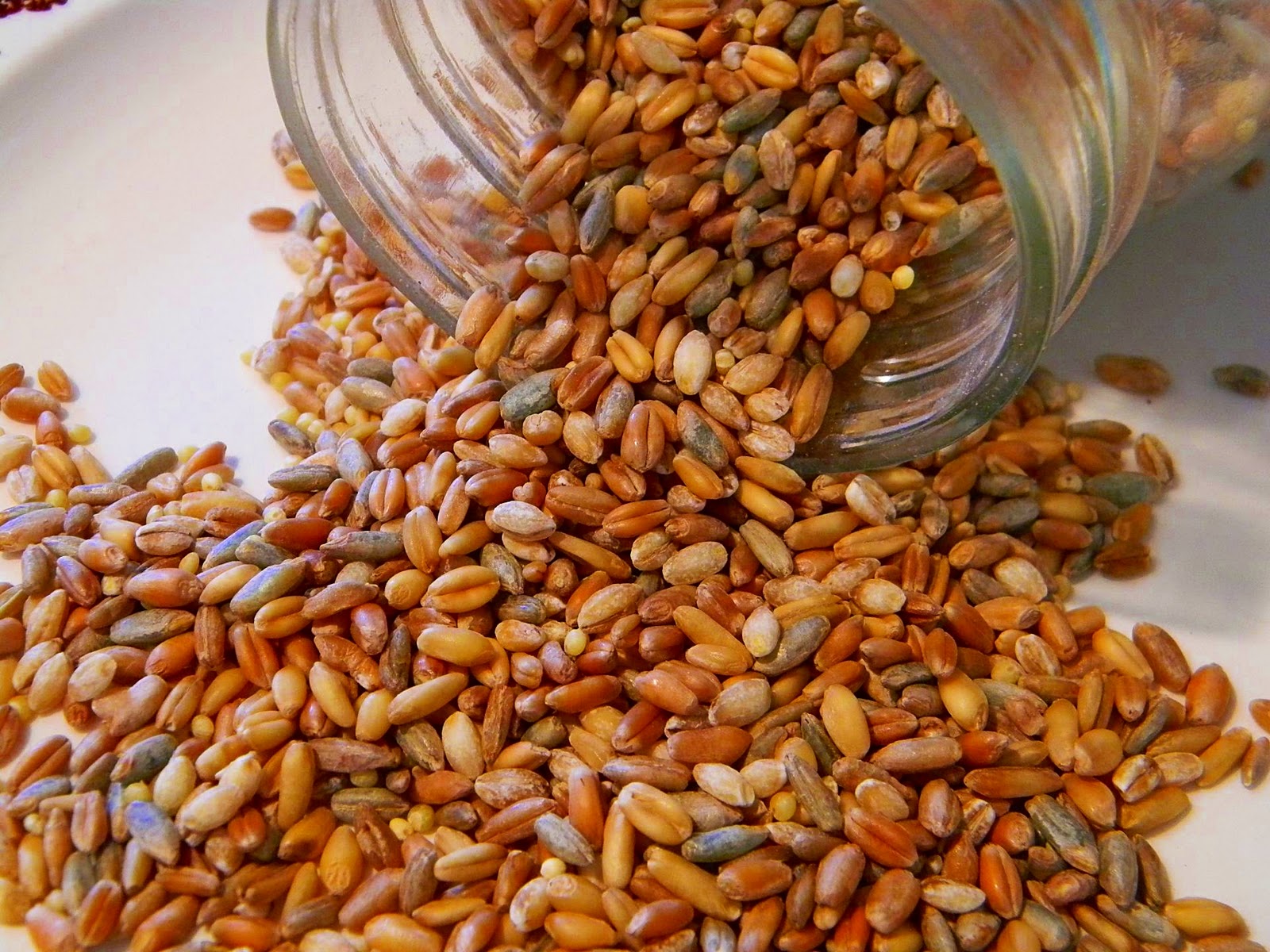
Wheat Dextrin
When you want to drink your fibre supplement, wheat dextrin—commonly branded as Benefiber—is the one to turn to. This is another natural form, taken from the wheat plant. If you do have an intolerance to wheat, then you will need to consider whether this will aggravate that.
The benefit is that it will dissolve in hot and cold drinks, so you can have it with your morning coffee or even in some lemon water. It is one of those that you can add to foods while cooking, without changing the texture of the food you eat.
This is only a soluble form, so while it will help to regulate your blood sugar (great for diabetics), it won’t help with the thickening of stools.
It is a gluten-free product, but you may want to test a small amount first. It has less than 20ppm of gluten.
Polycarbophil
This type of supplement is usually known as a laxative. Brand names include Fiber Con, Fiberlax and Fibernorm.
It can be used for diarrhoea, but it is most effective for combating constipation. It isn’t the best option for getting the digestive system and bowels working, but it can help to offer a quick fix for your bowel movement needs.
The downside is the bloating that it can cause. It is also a soluble form in the majority of cases, so won’t help with pushing through waste.
Taking Fibre Supplements
When it comes to taking fibre supplements, check the type of fibre that you’re getting. Having a mixture of both soluble and insoluble on a daily basis is ideal. If you do get a supplement that is full of soluble fibre, try to get more insoluble versions in your normal diet.
You can take too much fibre. Consider the amount that you do get through your natural diet and then think about whether you need to increase your amount. While it can help to improve your glucose levels and help battle constipation, it can also lead to bloating, gas and other problems. Don’t forget to get plenty of water, too, as increasing your fibre can lead to dehydration.
Read more impactful articles at Positive Health Wellness

